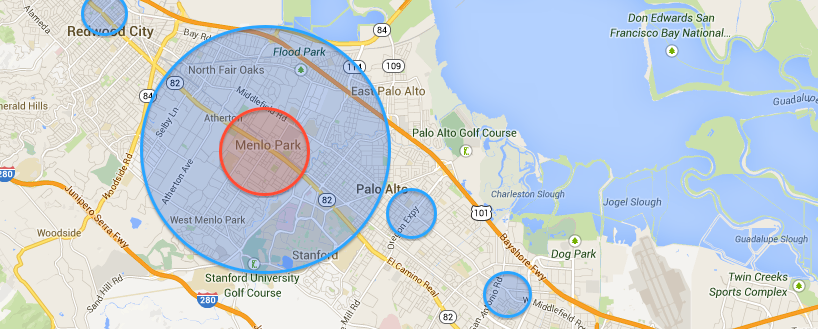Commuting
There are two things you should understand to reduce stress, and improve productivity in your life: Compound interest, and that every minute you spend commuting is a minute you can’t do something else.
Lately I’ve been thinking about what I would consider the “perfect” commute. I concluded that this fabled commute would have the following charactaristics:
- It would be Short
- It would be Healthy
- It would be Productive
- It would be Safe
- It would Provide Work / Life Separation
Today I’m going to focus on the time spent commuting, and specifically the amount of time you could save by shortening your commute over the course of a month, a year, and your entire career.
Ideally we would want no commute. So that would entail living at your office, or working from home, but for the sake of this example we’re going to assume we want to live at least 10 minutes from the office.
If we had to have a commute, it’s clear we’d want to commute by train. Trains offer the most predictable schedule, the opportunity to sleep or work, and are generally more safe than other methods. Buses also offer benefits, but are slightly less safe and susceptible to traffic jams and accidents. Bikes are more healthy, but are also more dangerous and you can’t work or sleep on a bike (unless you are amazing =p).
However, according to a 2011 study by the US Census Bureau, over 86% of Americans commute by car (76% of them alone!).
Everytime I’m sitting in traffic on the 101 outside of San Francisco, I can feel my life wasting away. But somehow I find myself driving again, stuck in traffic again, and cursing at myself for taking my car, again. So I decided that I wanted to look at some average commutes, and just how much time in aggregate we’re wasting commuting over long periods of time.
Let’s look at the case of 2 colleauges at some fictional software company, Innotech, named Peter, and Michael. Peter drives an hour to work everyday on the freeway in his Ford Focus. Michael bikes to work.
Peter’s commute takes him an hour each way. Since he’s driving, he’s completely unproductive, just sitting in traffic and driving along a boring freeway littered with stripmalls and traffic lights.
Michael bikes 20 minutes. There is no traffic.

1 Hour vs. 20 Minute Commute
With a 20 minute commute instead of 1 hour, Michael has 80 more minutes each day than Peter. 80 minutes is clearly significant, but let’s look at the bigger picture to see just how much that adds up to in a year:
There are conservatively 20 workdays / month. By commuting only 20 minutes instead of 1 hour, Michael saves a lot of time each month:
Time Saved in a Month by reducing your commute from 1 hour to 20 minutes:
- 1600 minutes
- 26.667 hours
- 3.333 workdays
Let’s say you’re Michael in this scenario. By reducing your commute each day, you’d have a head-start of 3 1/3 work days per month and 26 2/3 work days per year. That’s over a FULL MONTH (in workdays) your colleagues are spending commuting while you can be doing anything else. Go watch a movie, go for a walk, get ahead at work, spend more time with your kids, WHATEVER. It’s completely up to you.
ANYTHING is better than sitting in traffic. The train is considerably better, since you can work / sleep on the train. Biking is a good alternative to driving, but the exercise has diminishing returns after the first 20-30 minutes.
For some additional entertainment, let’s look at reducing your commute even further, from 1 hour each way to only 10 minutes. This means you save 50 minutes each way or 100 minutes per workday to your average colleague.
Each month, That’s the equivalent of:
- 2000 minutes
- 33.333 hours
- 4 workdays
Over the course of a year thats:
- 24,000 minutes
- 400 hours
- 50 workdays
That’s equal to 2 and a half MONTHS of extra time you could save yourself by reducing your commute (in workdays).
I know some people who have been commuting at least 1 hr each way for 20 years. This means they’ve spent 50 months commuting, a full 4 years of their life.
So the next time you’re choosing where to live or work, and shrug off an hour commute as “only an hour”, step back for a minute and look at the bigger picture. Ask yourself, what could you do with an extra 4 years?
